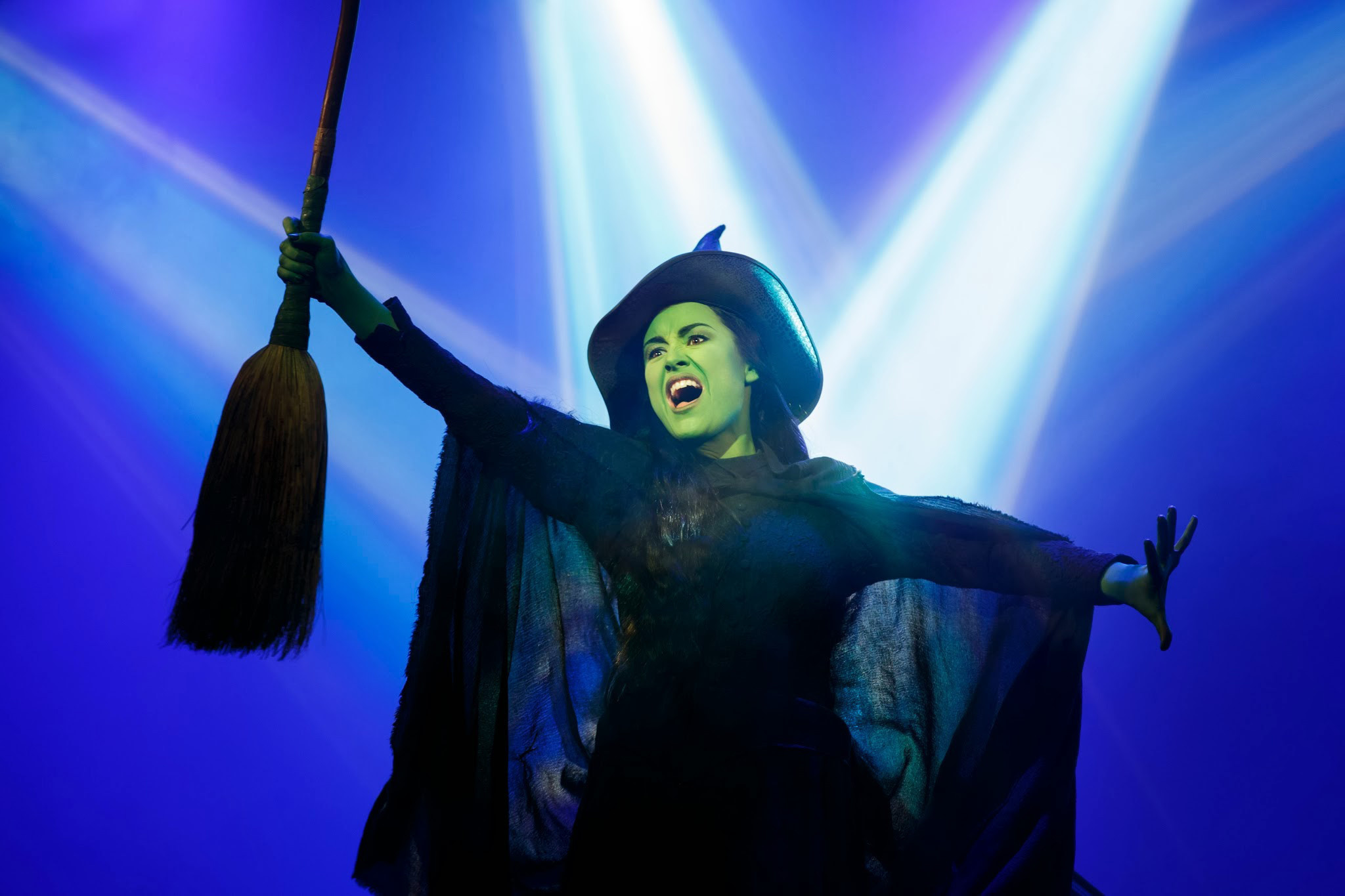"To my young friends out there: Life can be great, but not when you can't see it. So, open your eyes to life: to see it in the vivid colors that God gave us as a precious gift to His children, to enjoy life to the fullest, and to make it count. Say yes to your life." -Nancy Reagan
The United States, the country most in which most of this blog's readers reside, is a nation that has been cutting funding for arts education for years. Why? Well, quite frankly, it's not going to be on the test. And it's not on the test because it's not deemed to be essential. While I heartily disagree, it's probably more important that my view is supported by countless studies conducted by people who are much smarter than I am. (For a quick overview, check out the 10 studies compiled
here). I am an art educator, so my bias is clear. But my background also means I see first hand what art can do to improve our lives.
So thus begins my series: Argument for Arts. The arguments that follow in this series aren't necessarily ranked in order of importance because that's just not something I'm up to doing--but I have to start somewhere.

Argument #1: Opening Our Eyes.
A study of the arts by adults and children alike opens the eyes to a better understanding and appreciation of the world around us. Why do people go to the theater? Because it allows us to see a life, a situation, or an event from somebody else's perspective. If you're the actor on the stage, the only way to adequately connect with the audience is to fully understand the character yourself--to see the world through your role's eyes. How do they feel in the situations that are presented to them? The performing arts teach us, both as actors and audiences, to see--and feel--from a different perspective. Is there anything this world needs more of than its inhabitants to have this skill? (Not to get too controversial here but, for example, think racism and acts of violence towards and from police). I mean, amazingly enough, the uber-popular musical "Wicked" has inspired international throngs to feel sorry and root for the "Wicked" Witch! I certainly never saw that coming after "The Wizard of Oz" scared and frankly scarred me as a kid.
Photography is another apt example. Photographers learn to see what others overlook, or aren't patient enough to wait to see. In a really cool way, you could say that their camera becomes your eyes. I may never get to see Antarctica in person, but professional photographers Michael Snedic and David Burren have. Just look at their
photos! Breathtaking. I can see what it looks like without getting off my couch. And thanks to them, I now want a pet penguin; although, I could also blame that on having read
Mr. Popper's Penguins as a kid.

Then take my forte: painting. My grandma once told me how her painting teacher had asked her to look at a tree out the window and tell her what colors she saw. My grandma said it was green. Her teacher responded, "but how many shades and variations of green do you see? I see dozens!" Wise words. I see so much more variety, so many more marvelous details, and so many more colors and shapes than I did before I spent time painting them. My husband often asks me to point out different colors I see in a shadow or a cloud. He then squints and gets excited when he can see them too. Without my art training, I'd never see this deeper beauty. On family walks, I tend to be the one who points out a funny-looking bug or a cool-looking rock on the path--but only because I've been trained to look. And because of this training, I am able to see the beautiful in the mundane and I appreciate the richness of my life so much more! Sure, it might drive my kids a little crazy when I pull the car over and point out an amazing cloud formation, or tell everybody to stop what they're doing and notice the way the sun is highlighting that crazy-shaped mountain. But I don't want to miss it, and I want to train them to see it too.
Whether it's to appreciate the beauty in the world that surrounds us or to better understand the lives of our fellow humans, we all need our eyes opened in a way only the arts can accomplish.



